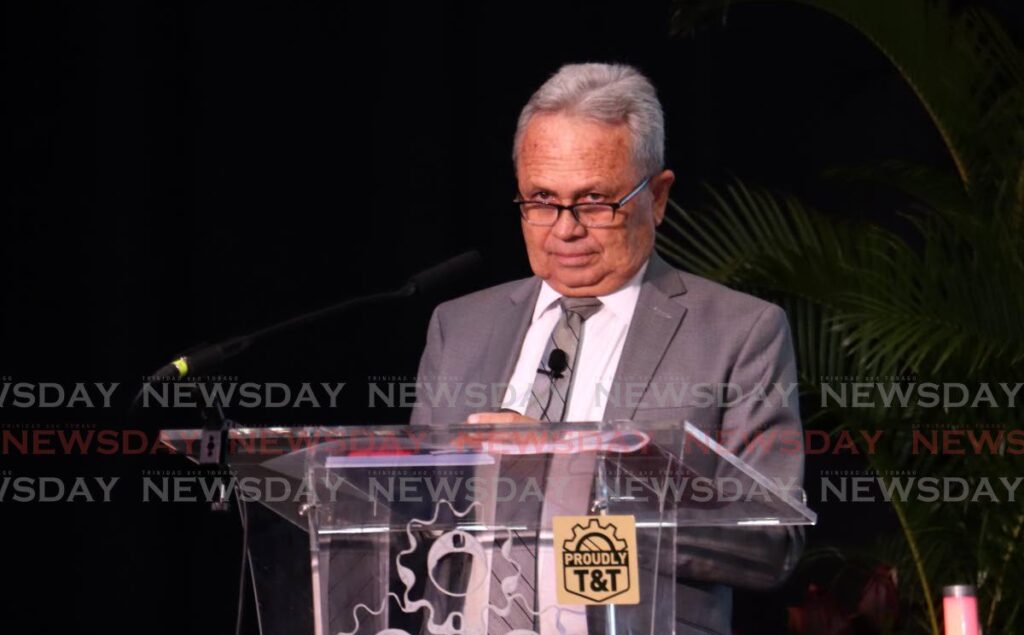Imbert: TTRA will be better than IRD

NOTING several shortcomings of Trinidad and Tobago’s tax collection regimes under the former tax collection system – the Inland Revenue Division (IRD) – Finance Minister Colm Imbert says the new TT Revenue Authority (TTRA) will be much better.
“The reason why the TTRA would be effective is because it is not humbugged by the bureaucratic constraints,” the minister said during his feature address at the second day of the ICATT annual international finance and accounting conference.
“The TTRA will be able to pay better salaries, recruit people with better qualifications, offer better career paths for people in the customs and inland revenue divisions. The TTRA will be a centre of excellence.”
The TTRA is expected to be fully operational by March, he added.
He said the Board of Inland Revenue (BIR), through the Caribbean Regional Technical Assistance Centre – one of ten International Monetary Fund (IMF) regional technical assistance centres worldwide – gave the BIR low marks in annual assessments over the years.
The Caribbean Regional Technical Assistance Centre (Cartac) was created by the IMF to strengthen human and institutional capacity for sound macroeconomic policies that would promote growth and reduce poverty.
“We had a discussion with a team from Cartac looking at our inland revenue division, its performance, how it treats with the public, how easy it is to interact with and the last report they got, regrettably, it did not do well,” the minister said.
“I wasn’t surprised to learn that they had not improved since the last diagnostic survey in 2017.”
The 2017 report done through the IMF’s tax administration diagnostic assessment tool (TADAT) said while TT's Inland Revenue Division showed some strengths, including a relatively good tax administration ICT platform and efficient arrangements for collecting taxes, reform needs of the IRD were substantial.
“The TADAT assessment identified many deficiencies,” the report said.
“In particular, the unreliable state of the taxpayer registration database; delays in processing of accounting transactions; and weak compliance risk management methodologies severely hamper IRD operations, limits its capacity to improve taxpayer compliance and generate additional tax revenues.”
In her presentation, TTRA director general Patsy Latchman-Atterbury said the TTRA aligned its vision along with vision 2030 which is people-focused, intent on building globally-competitive businesses and good governance.
“In this context, the TTRA has established that its purpose is to enable nation-building through the optimisation of revenue collection and improving the ease of doing business,” she said.
“The main levers for achieving this purpose are going to be voluntary compliance and responsible enforcement.”

Comments
"Imbert: TTRA will be better than IRD"